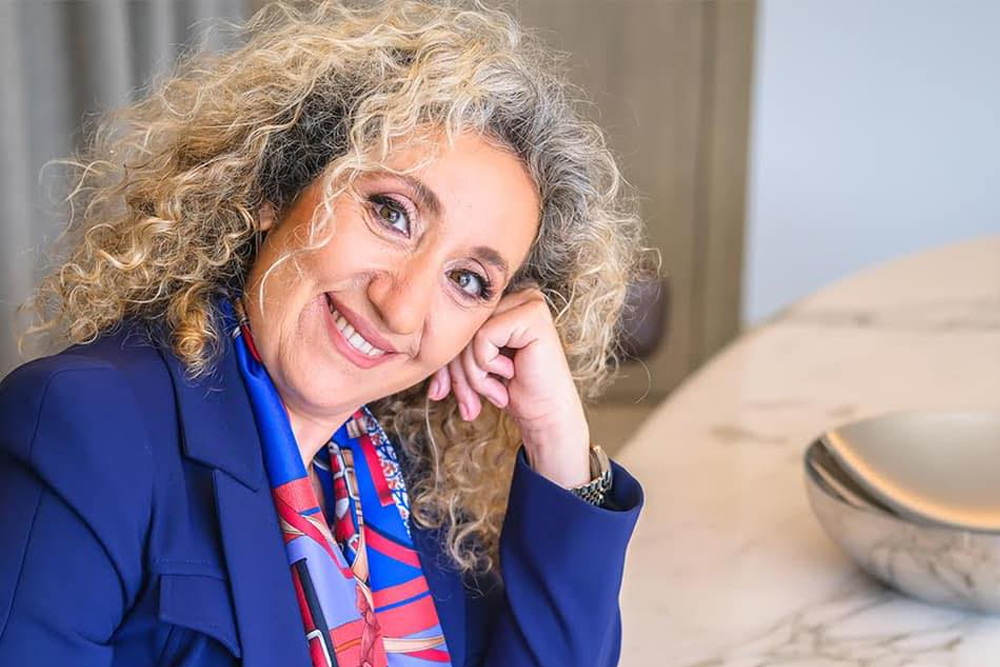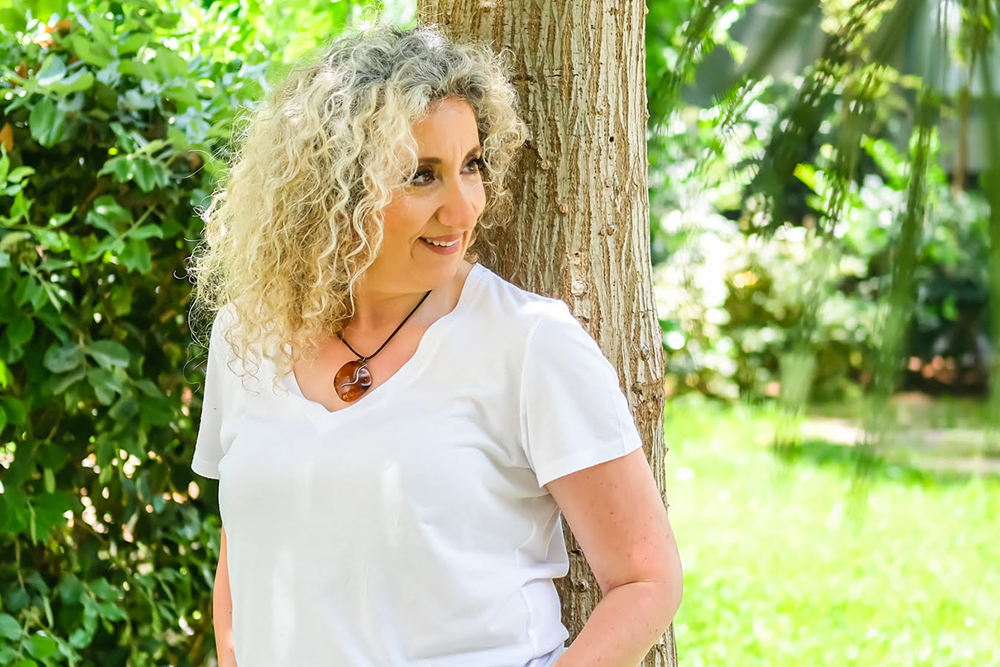
- As the head of the Gender Diversity Group for the World Union of Arab Bankers, what measures do you believe can effectively promote gender diversity and inclusion in the banking sector?
I have made the assumption that there is no bad will preventing women to become part of the executive team. This means that I have also assumed that it is the biases of the decision makers preventing women from having such opportunities. Based on this we developed a “charter for gender diversity” which helps decision makers and the HR function identify the best people fit for a senior executive or manager position based on a process that releases their biases. When biases are removed the results will include both men and women, the charter was officially approved by the board of directors of World Union of Arab Bankers. I am attaching the charter for your reference you will see that it requires from companies to adopt a process that will certainly remove all biases from the recruiting and promotion process. Instead of forcing it with quotas, we remove the biases and achieve better and lasting results.
- In your role as CEO of AMBANK, how have you worked to create a corporate culture that champions gender equality and empowers women in leadership positions?
First we defined the culture we want and gender diversity is at the core of our objectives not because we feel socially responsible to include women, but because I believe that Organizations who do not have women at their executive level will be at a competitive disadvantage. Organizations today need to have collaboration and innovation if they want to participate in the global evolution of the economy, and without women at the executive level collaboration and innovation is simply not possible. Women have innate powers when it comes to creating healthy collaborative cultures and organizations who want to succeed should focus on integrating women to their executive teams to gain competitive advantage and create cultures that support the organization’s growth in this dynamic environment.
- Could you share insights into the challenges and opportunities you've encountered while striving for gender diversity in the Arab banking industry?
The truth is that when I focused my efforts on showing the power of women and showing the value that women can produce for the organization, I was supported especially by men at the board and executive level. in fact the board of directors of World Union of Arab Bankers (WUAB) formally approved the charter for gender diversity offering total support. The secretary general of WUAB is a powerful supporter of the gender and fights to include women at the executive level of organizations. You get resistance when you go into such an initiative with a fight – this is not necessary, the secret of success is to show value and create harmony not to put up a fight. And in my case the most powerful supporters for gender diversity have been my chairman and WUAB’s secretary general and its board are men who invested their power to support the gender diversity initiative.

- What initiatives or strategies do you recommend for addressing gender-based barriers and fostering a more inclusive environment within the Arab banking community?
Three things are critical : First we need to show women how to activate their power by creating awareness of what I call “survival mode”. This awareness will help women notice when they shifting into a harmful state of mind and they will learn to pull themselves out and stay in a thriving state of mind. When they are in this state they will offer organizations power that has not been witnessed before. A women in a thriving state can unleash collaboration, innovation and nurture the whole organization.
Second, I recommend that organizations such as the UN, OECD and other influential entities to officially support the charter for gender diversity because this support from international influencers will encourage organizations to adopt the charter. Third, I hope that organizations officially approve the charter for gender diversity and implement it seriously. Organizations have nothing to lose but so much to gain from the commitment to the charter for gender diversity.
- Who do you look up to?
I look up to the men who have supported my group – Gender Diversity at the Executive level, and to every women in the workforce. Women who are living in “survival mode” but are unaware of it, women fighting for their rights, fighting to be treated fairly, I look up to them but I want to tell them that there is no reason to fight, there is an easier way to open the eyes of organizations to the power of women and make them realize that they need women to survive the coming era of the global economy!

















